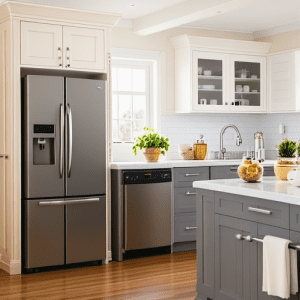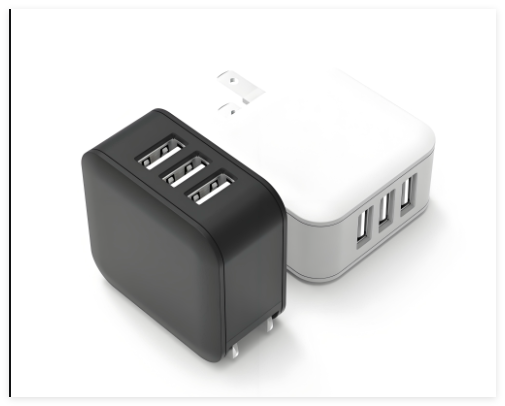How can smart home appliances help reduce household expenses?
In this rapidly developing era, smart home appliances have become an indispensable part of our lives. They not only enhance our quality of life but also play a significant role in helping us reduce household expenses. Today, as an expert in the new energy industry, let me explain how smart home appliances have become our capable assistants in saving expenses.


Firstly, smart home appliances save electricity for households through efficient energy management. According to data from the International Energy Agency (IEA), household electricity consumption accounts for about 20% of global electricity use. Smart home appliances, such as smart thermostats and intelligent lighting systems, can automatically adjust according to user habits and environmental changes, thereby reducing unnecessary energy waste. For instance, smart thermostats can learn users’ temperature preferences and automatically adjust the temperature when users are not at home. It is estimated that this can save up to 15% on energy costs.
Secondly, the maintenance cost of smart home appliances is relatively low. Traditional appliances often require regular manual inspections and repairs, while smart home appliances, through remote monitoring and self-diagnosis features, can promptly detect and fix issues, reducing the frequency and cost of repairs. A report from the market research firm Gartner indicates that the maintenance cost of smart home appliances is about 30% lower than that of traditional appliances.
Furthermore, smart home appliances also help save water resources by optimizing household water use. Smart washing machines and dishwashers can automatically adjust the water usage based on the degree of dirtiness of clothes or tableware, which not only improves washing efficiency but also greatly reduces the waste of water resources. According to data from the U.S. Environmental Protection Agency (EPA), smart washing machines can save up to 50% of water usage compared to traditional washing machines.
Lastly, the popularization of smart home appliances has also driven the development of the new energy industry. As the demand for renewable energy in households increases, smart home appliances can better coordinate with new energy systems such as solar panels and wind power generation, achieving self-sufficiency in energy. According to forecasts from Bloomberg New Energy Finance (BNEF), by 2030, the installation of solar power systems in households worldwide will triple.
In summary, smart home appliances not only improve our convenience in life but also play a huge role in energy conservation and expense reduction. As a part of the new energy industry, we have the responsibility and obligation to promote the use of smart home appliances, allowing more people to enjoy the convenience and economic benefits brought by technology.
Thank you all!



Post Comment